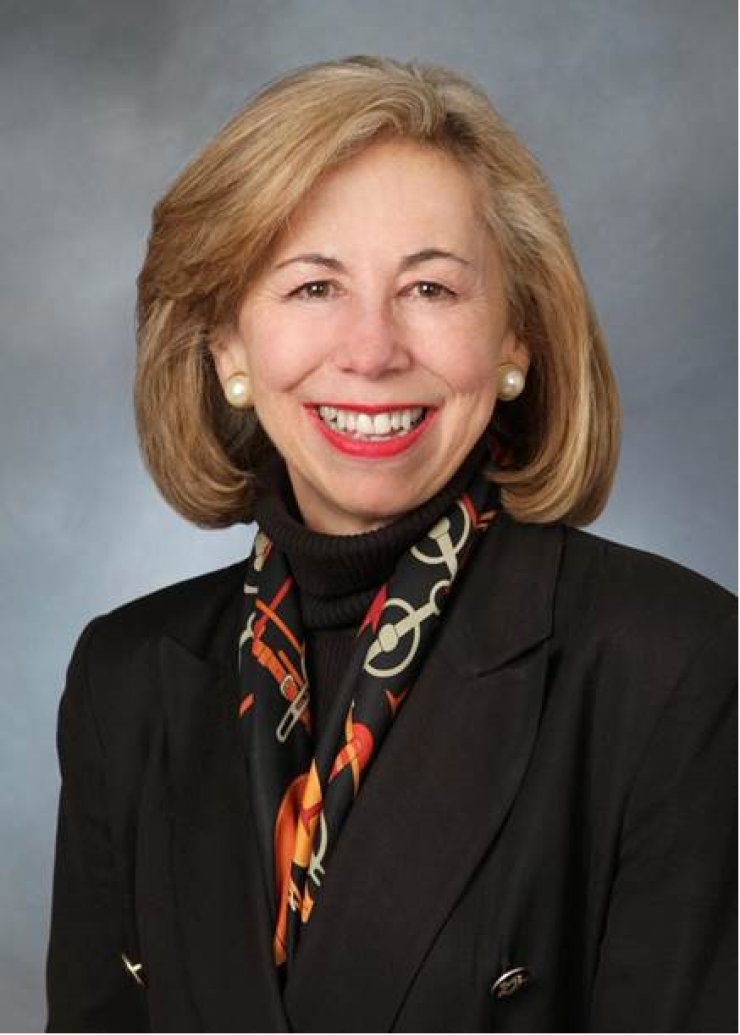Amid rising focus on creating a national mileage-based user fee program, a new report from a 17-state coalition dives into some of the sector's biggest concerns, including privacy, trucking and rural drivers.
Among the coalition's findings: rural drivers could see lower costs from a shift to a road-charge fee, contrary to popular belief, and privacy concerns that have slowed adoption are assuaged by real-world experience.
MBUF programs are gaining attention as a way to shore up the
To advance mileage-based user fee research, Congress

The IIJA features another $75 million in grant money for states to pursue their own pilot programs. Roughly 13 states operate pilot programs in addition to the Eastern Transportation Coalition and the Western Road Usage Charge Consortium.
The Government Accountability Office in January
“We’re in a crisis situation in the U.S. right now between the rise of electric vehicles and the much-improved CAFE standards,” said Barbara Rohde, executive director of the Mileage-Based User Fee Alliance, referring to the Corporate Average Fuel Economy standards that regulate fuel efficiency. “We are really being strangled because with the lower amounts of money going into the Highway Trust Fund, we are really imperiled in terms of being able to keep up with infrastructure.”
The IIJA’s national pilot awaits guidance and the appointment of an advisory panel that will be crucial to the program, Rohde said.
The Eastern Transportation Coalition, which includes 17 states and Washington, D.C., has been tracking MBUF programs since 2018. Its new report focuses on findings during 2020 and 2021 from what was the first national truck pilot and a passenger vehicle pilot conducted with Delaware, New Jersey, Pennsylvania and North Carolina.
“This is the major pilot on the East Coast,” Rohde said. “There’s a lot of attention on what’s been done with the Eastern Coalition pilots, and they’ve made great strides in helping us understand the challenges we’ll be facing.”
The report confirmed that MBUF can work, the group said.
“This pilot program advances the feasibility of an MBUF program as a viable, scalable model for funding our nation’s highway infrastructure by addressing concerns around privacy and impact on all users, from rural to urban settings, and cars and trucks,” said Patricia Hendren, Executive Director of The Eastern Transportation Coalition, in a statement. “The coalition will continue working with our partners in the state departments of transportation to communicate with the public about the advantages of replacing the traditional fuel tax model with mileage-based user fees.”
Real world programs reduce concerns about privacy, the report found. Passenger participants that ranked privacy as a “high concern” dropped from 52% to 7% during the program.
Understanding the type of driver is also key to a successful program, the group said. Truckers, for example, are “adamant that MBUF cannot become another layer of complexity in a highly regulated and taxed environment.”
Rural drivers, meanwhile, have long been concerned that they would fare worse than urban drivers under a MBUF regime because they tend to drive longer distances. But the pilot showed that rural drivers may pay less with MBUF than with the current fuel tax structures.
“A shift to MBUF would base charges on road impact rather than fuel efficiency and consumption; because of this, rural households would pay less toward transportation funding than they do currently," the report said.
The group also found that a tiered MBUF rate does not work, and that customized outreach is needed to help advance MBUF programs.





